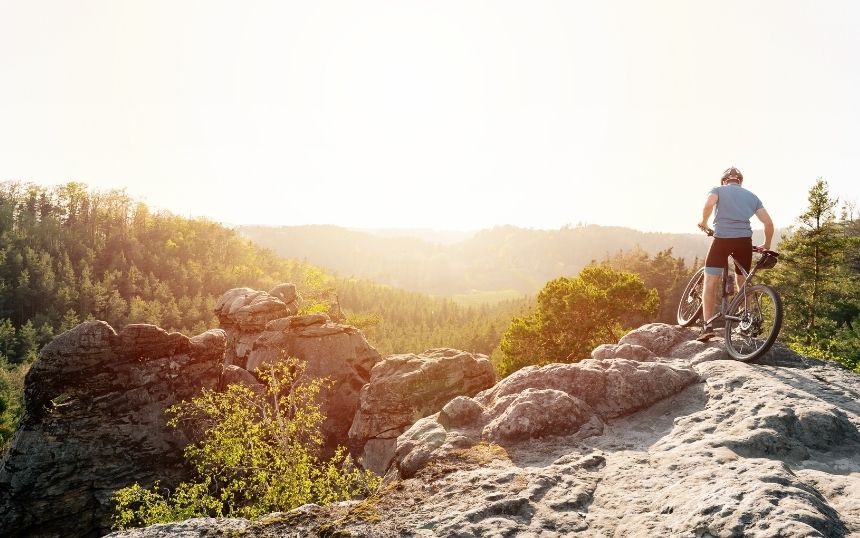The Importance of Winter Safety Precautions
Winter is a beautiful season, with its serene landscapes and cozy evenings by the fireplace. However, the winter season also brings about certain dangers and risks that we need to be aware of in order to stay safe. In this article, we will discuss the importance of winter safety precautions and provide you with some necessary tips to ensure your safety during this season.
## Winter Weather Precautions
When it comes to winter weather, it's important to be prepared. Here are some precautions you should take to stay safe during the cold months:
### Dress Appropriately
One of the most crucial winter safety precautions is to dress appropriately for the weather. Layering your clothing is key as it helps trap warmth and insulate your body. Start with a moisture-wicking base layer, followed by a insulating middle layer, and finish with a waterproof outer layer. Don't forget to wear warm socks, gloves, a hat, and a scarf to protect your extremities from the cold.
### Be Mindful of Frostbite and Hypothermia
Frostbite and hypothermia are serious risks during winter. Frostbite occurs when your skin and underlying tissues freeze, while hypothermia is a condition where your body loses heat faster than it can produce it. To prevent these conditions, limit your time outdoors during extreme cold, cover exposed skin, and seek shelter immediately if you experience symptoms such as numbness, tingling, or paleness.

### Clear Snow and Ice Safely
Snow and ice accumulation can be hazardous, so it's important to clear it from your pathways and driveways. Use a snow shovel or a snowblower, and sprinkle salt or sand to enhance traction and prevent slips and falls. Take your time when removing snow to avoid overexertion, and don't forget to take breaks and stay hydrated.
### Practice Fireplace and Carbon Monoxide Safety
As the temperature drops, many of us rely on fireplaces, wood stoves, and heaters to stay warm. However, it's crucial to practice fireplace and carbon monoxide safety to avoid potential hazards. Ensure that your fireplace or wood stove is properly maintained and free of any debris that could cause a fire. Additionally, install carbon monoxide detectors in your home to detect any buildup of this odorless gas.
## Winter Safety Tips for Home
In addition to outdoor precautions, it's also important to ensure that your home is safe during the winter season. Here are some tips to keep your home safe and secure:
### Insulate Your Home
Proper insulation is key to keeping your home warm and energy-efficient during winter. Make sure your windows and doors have proper weather stripping to prevent drafts, and consider insulating your attic, walls, and floors. Insulation not only keeps your home warm but also helps reduce energy costs.
### Prevent Frozen Pipes
Frozen pipes can burst and cause significant damage to your home. To prevent this, insulate pipes in unheated areas such as basements, crawl spaces, and attics. Allow faucets to drip slightly to keep water flowing and reduce the risk of freezing. If you're planning to be away from home for an extended period, keep the heat on at a low temperature to prevent pipes from freezing.
### Use Heating Appliances Safely
When using heating appliances such as space heaters, electric blankets, or heating pads, it's essential to exercise caution. Keep these devices away from flammable materials, and never leave them unattended. Be sure to read the manufacturer's instructions for proper usage and safety precautions.

## Winter Driving Safety
Winter driving can be challenging and dangerous due to snow, ice, and reduced visibility. Follow these safety tips to ensure a safe journey:
### Prepare Your Vehicle
Before hitting the road, make sure your vehicle is winter-ready. Check your tires for proper tread depth and consider using winter tires for better traction. Keep your gas tank at least half full to prevent fuel lines from freezing, and ensure that all fluids are topped up. Equip your vehicle with an emergency kit containing a flashlight, blanket, ice scraper, jumper cables, and a shovel.
### Drive Cautiously
When driving in winter conditions, it's important to adjust your driving behavior accordingly. Reduce your speed and maintain a safe following distance to allow for extra stopping time. Avoid sudden braking or acceleration, as this can cause your vehicle to skid. Use your headlights to improve visibility, and be cautious of black ice, which is difficult to spot but highly slippery.
### Prepare for Emergencies
Even with all the precautions in place, emergencies can still occur. It's essential to be prepared for such situations. Keep a charged cell phone with you at all times, and let someone know about your travel plans. If you get stuck in snow, stay with your vehicle and call for assistance. Keep a supply of water, non-perishable food, blankets, and extra clothing in your vehicle in case you have to wait for help.
## Conclusion
Taking winter safety precautions is of utmost importance to stay safe and protect ourselves during this season. By dressing appropriately, being mindful of frostbite and hypothermia, clearing snow and ice safely, and practicing fireplace and carbon monoxide safety, we can prevent winter-related accidents. Additionally, ensuring that our homes are safe and secure, and practicing safe driving habits can further contribute to our overall safety during the winter months. Stay warm, stay safe, and enjoy the beauty of winter responsibly.


